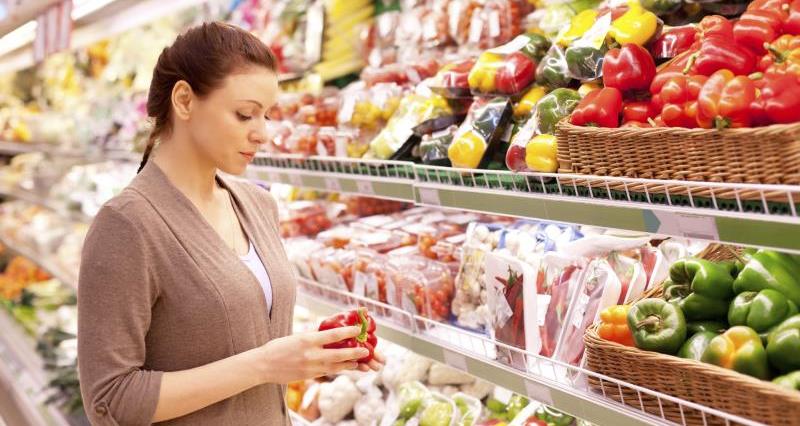Latest data from Kantar shows like for like grocery price inflation is at 5.9% this month, its highest level since December 2011. As concerns over the cost-of-living increase, we are starting to see shoppers seeking ways to make savings through their grocery shop. Supermarket sales
fell by 5.9% over the 12 weeks to 17th April 2022 and when consumers do visit the supermarket they are buying less, average basket size has dropped by 4.5% compared to last year.
Shoppers turn to discount retailers
Data shows shoppers have been turning to discount retailers Aldi and Lidl as inflationary pressures on budgets grow. Consumers’ loyalty is likely to decrease during periods of inflation as consumers shop around for the best deals. Over one million extra shoppers visited the discounters in the last 12 weeks compared with the same period last year.
We know in periods of high inflation consumers adapt their purchasing habits to counteract the rising cost of living, this may be by trading down, purchasing frozen items or eating out less.
During recent conversations, retailers have reported early signs of consumers prioritising price. Some have seen an increase in customers trading down or buying own brand value ranges.
All of these trends indirectly impact farmers and the wider supply chain. The NFU is working to understand these patterns and what effect they may have.
Retailers adapt their pricing strategy
In response to consumers’ concerns over inflation we have seen retailers adapt their pricing strategy in recent weeks. With more consumers prioritising price we have seen an increase in value range, everyday low prices and loyalty card deals. Asda launched its Just Essentials line, Morrisons announced that it is cutting the price of many everyday goods, and Tesco is locking in savings through its Clubcard strategy. One trend Kantar has tracked is the move away from selling products at ‘round prices’. The percentage of packs sold at round prices has dropped by 2.3% compared to March 2021.
What is the NFU doing?
The NFU is monitoring the situation and communicating with the supply chain to understand changing patterns in consumer behaviour and the implications this might have on suppliers.
